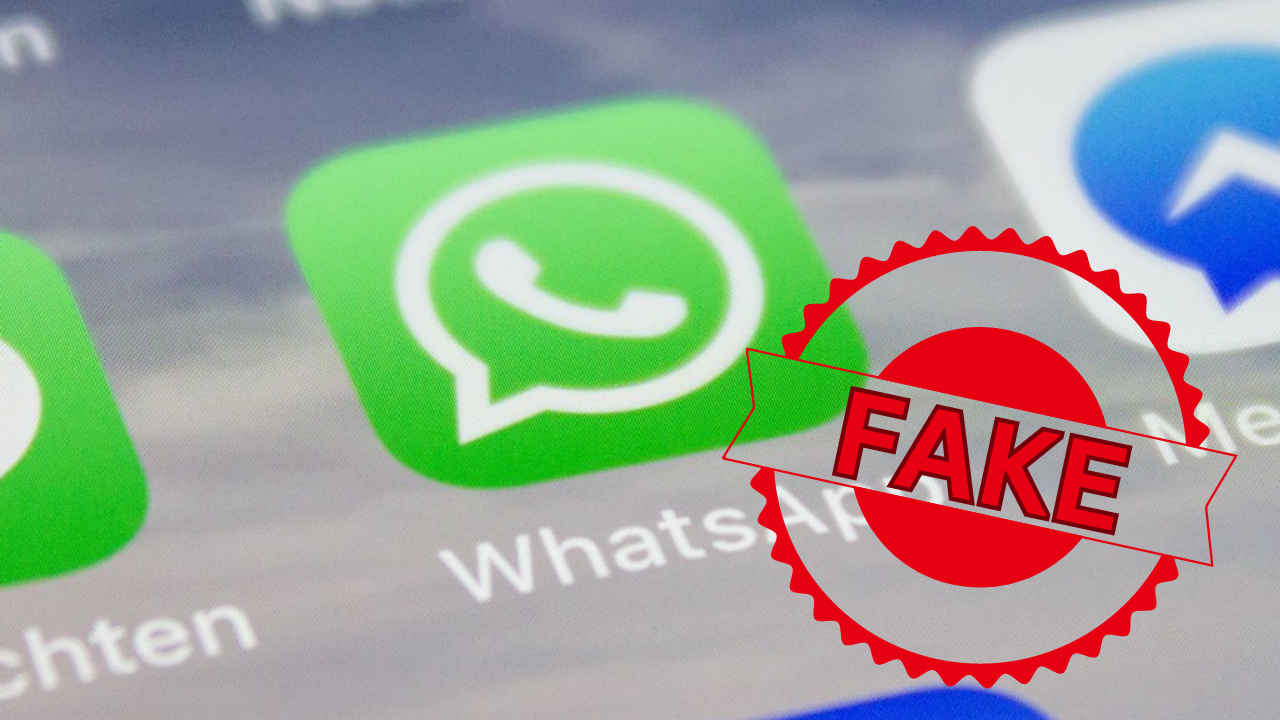Govt warns of fake WhatsApp message about Ebola-contaminated cold drinks

A WhatsApp message is making the rounds.
The message claims that the Government of India has advised to avoid cold drinks as they are contaminated with the Ebola virus.
PIB Fact Check clarified that this WhatsApp message is fake.
With the growing reliance on WhatsApp for daily communication, it’s common to encounter alarming messages that spread like wildfire. A WhatsApp message is recently making the rounds, claiming that the Government of India has urged citizens to avoid cold drinks as they are contaminated with the Ebola virus.
PIB Fact Check clarified on X (formerly Twitter) that this WhatsApp message is fake. “Did you also receive a #WhatsApp forward claiming that the Government of India has advised citizens to avoid cold drinks as they are contaminated with the Ebola virus?” PIB wrote. “Beware! This message is #fake.”
This emphasises the importance of verifying facts before sharing them with others.
Also read: Govt warns about this fake PAN card-related SMS: How to stay safe
Did you also receive a #WhatsApp forward claiming that the Government of India has advised citizens to avoid cold drinks as they are contaminated with the Ebola virus ⁉️#PIBFactCheck
— PIB Fact Check (@PIBFactCheck) August 23, 2024
❌Beware! This message is #fake
✅@MoHFW_INDIA has issued no such advisory! pic.twitter.com/EN0Esyq5cP
How to protect yourself from fake WhatsApp messages
In today’s digital age, misinformation can spread rapidly, especially on platforms like WhatsApp. To safeguard yourself from fake messages, here are some essential tips:
- Verify the source: Before believing or forwarding any message, check the credibility of the source. Official news outlets, government websites, and verified social media accounts are trustworthy sources of information.
- Look for fact-checking resources: Use fact-checking services such as PIB Fact Check, to verify the authenticity of any suspicious information you receive.
- Check for alarming language: Fake messages often use sensational or alarming language to grab attention. Be cautious of messages that demand immediate action or seem overly dramatic.
- Search for news coverage: If the message claims something significant, it should be covered by reputable news organisations. A quick online search can help confirm whether the information is legitimate.
- Be sceptical of forwards: Just because a message is forwarded multiple times doesn’t mean it’s true.
Also read: Ghaziabad couple loses Rs 3 crore in Facebook-linked investment scam: Tips to stay safe
By following these steps, you can protect yourself and others from falling victim to fake WhatsApp messages. Remember, it’s always better to pause, verify, and then share.
Ayushi Jain
Tech news writer by day, BGMI player by night. Combining my passion for tech and gaming to bring you the latest in both worlds. View Full Profile




